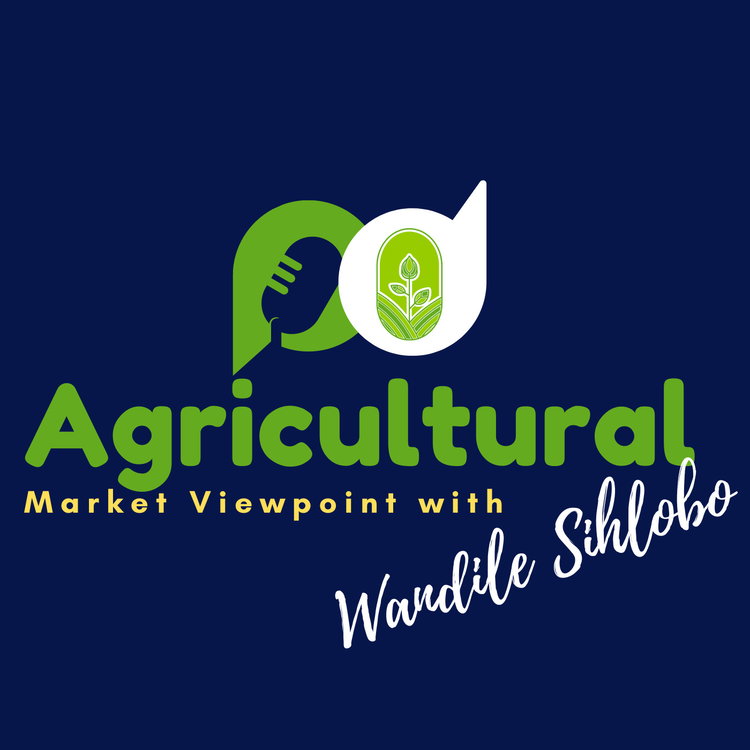
SA farm jobs remain well above the long term averages
Loading player...
The effects of the recent El Niño-induced mid-summer drought are starting to show in South Africa's agricultural jobs data. For example, the Quarterly Labour Force Survey data shows that employment in primary agriculture was down 5% quarter-on-quarter to 896k in the second quarter of 2024. From an annual basis perspective, the performance is also weak, although up 0,2% from the second quart of 2023. Still, the primary agricultural employment of 896k people remains well above the long-term jobs of 799k and generally reflects the harsh summer season we are leaving behind.
Some subsectors showing a decline in employment include field crops, livestock, and forestry. The job performance in these subsectors is unsurprising as the mid-summer drought has notably impacted them, specifically field crops. Moreover, the livestock industry faces relatively higher feed costs and lingering animal disease, which all explain these subdued job data in the subsector.
The Western Cape, Northern Cape, North West, and Gauteng are the provinces that showed significant quarterly job losses. Meanwhile, other provinces showed a mild improvement, which was insufficient to change the overall picture of a decline in employment in South Africa's agriculture.
The Western and Northern Cape provinces do not have significant summer crop production, which means that the quarterly job losses in these particular provinces mirror the generally financially constrained environment in the farming businesses. The mid-summer drought primarily added pressures in the country's northern regions.
Listen to the podcast for more details in other commodities.
Podcast production by Richard Humphries, and Sam Mkokeli
My writing on agricultural economic matters is available on my blog: https://wandilesihlobo.com/
Some subsectors showing a decline in employment include field crops, livestock, and forestry. The job performance in these subsectors is unsurprising as the mid-summer drought has notably impacted them, specifically field crops. Moreover, the livestock industry faces relatively higher feed costs and lingering animal disease, which all explain these subdued job data in the subsector.
The Western Cape, Northern Cape, North West, and Gauteng are the provinces that showed significant quarterly job losses. Meanwhile, other provinces showed a mild improvement, which was insufficient to change the overall picture of a decline in employment in South Africa's agriculture.
The Western and Northern Cape provinces do not have significant summer crop production, which means that the quarterly job losses in these particular provinces mirror the generally financially constrained environment in the farming businesses. The mid-summer drought primarily added pressures in the country's northern regions.
Listen to the podcast for more details in other commodities.
Podcast production by Richard Humphries, and Sam Mkokeli
My writing on agricultural economic matters is available on my blog: https://wandilesihlobo.com/

